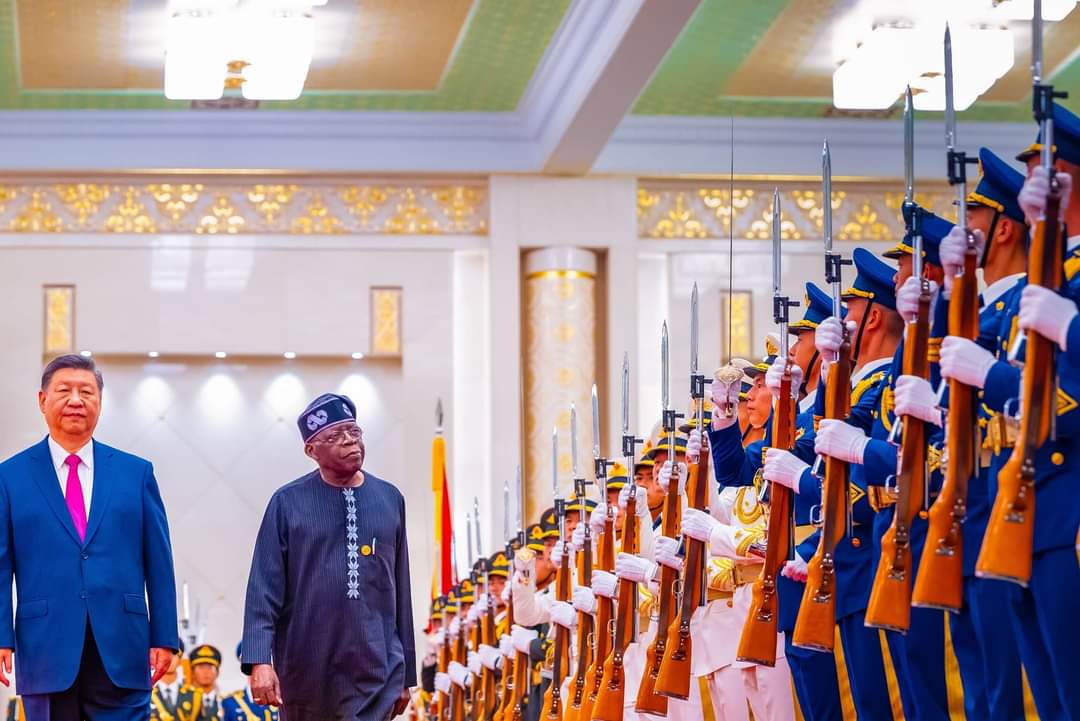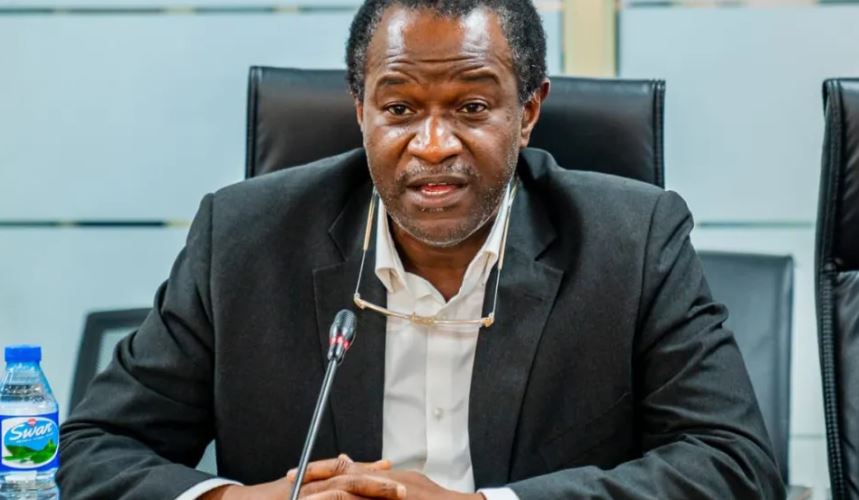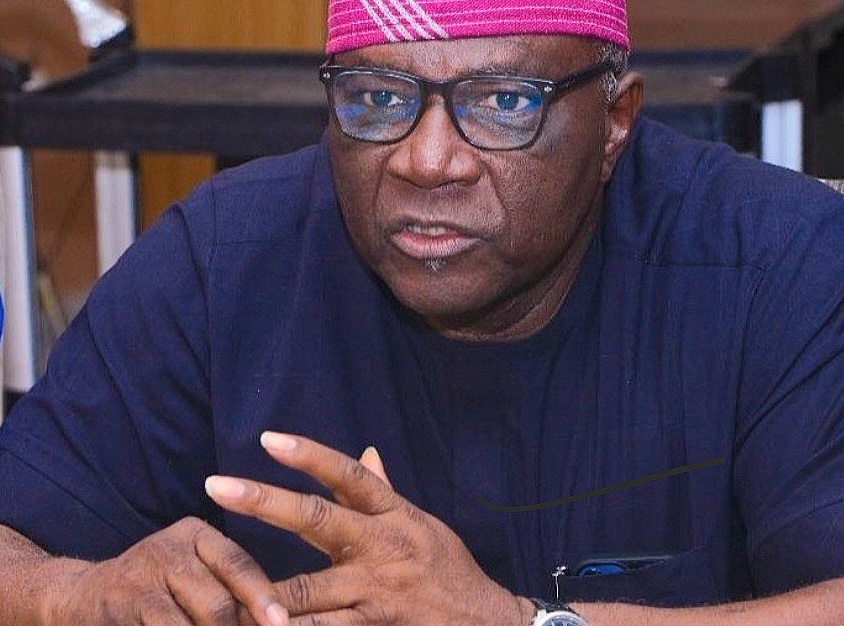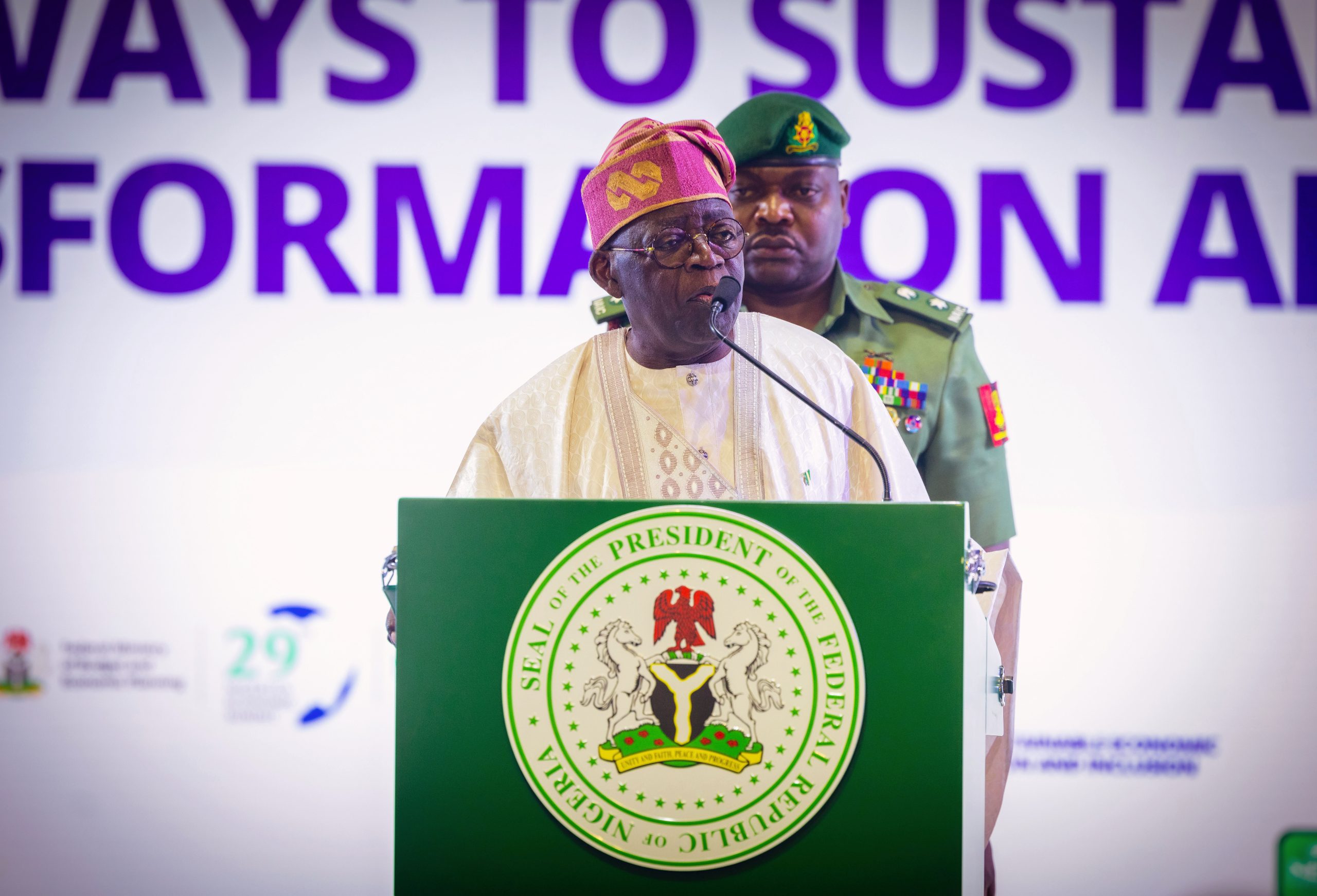Opinions
President Tinubu at 72: Leadership in challenging times
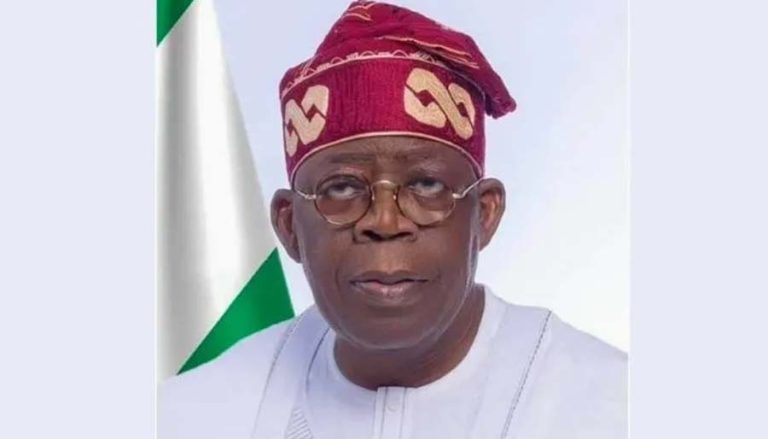
By Tunde Rahman
Today is President Bola Tinubu’s 72nd birthday. Instead of rolling out the drums to celebrate the day, the President directed there should be no celebration of any kind, including placing newspaper, radio or television advertorials in his honour.
He urged anyone wishing to do such for him to donate the money to charity organisations. The decision was taken in deference to the present challenging times. It is a mark of good leadership for a leader worthy of that name to have compassion for the people, identify with them and demonstrate he shares in their pain. Showing empathy for the people and the emotional intelligence of identifying with the weak and vulnerable are in President Tinubu’s DNA. This character trait has become a remarkable feature of his birthdays over time.
In March 2020, on the cusp of his 68th birthday, he cancelled his birthday colloquium over the outbreak of coronavirus, explaining that the decision was important amid the overriding public concern over the pandemic.
What happened in respect of his 70th birthday on March 29, 2022 was even more touching. He called off an impressive birthday colloquium, right in the middle of the event at Eko Hotel & Suites, Lagos with all the dignitaries in attendance, to honour victims of Abuja-Kaduna train attack. And last year, even after he had convincingly won the February 25, 2023 election, President Tinubu did not celebrate his birthday, saying he would devote the moment for reflection on the huge task ahead.
This year’s birthday is the first by President Tinubu on the saddle. His administration is in its 10th month. This period, therefore, offers a veritable opportunity to interrogate his personae, character and administration thus far. There is little doubt that the time we are in is a challenging one indeed.
On assumption of office, the President was greeted by a dire economic situation; the economy almost prostrate. The bold reforms the President instituted, notably the removal of the ruinous fuel subsidy and the unification of the multiple, even dubious foreign exchange rates, though bold and necessary decisions applauded by economic experts, did not immediately produce salutary outcomes with a sudden rise in foreign exchange rates, and the consequential serious impact on other sectors. The cost of petroleum products particularly Premium Motor Spirit and diesel went up with its attendant effects on transport fares. Prices of goods and services particularly staple food items also skyrocketed including prices of other items not dependent on foreign exchange. Inflation rose, hitting 31.70% in February from 29.90% recorded in January 2024, according to the National Bureau of Statistics.
However, it’s no longer a depressing story. A combination of courage and determination to change the tide on the part of the President, the employment of the right calibre of economic managers who deployed the right fiscal and monetary policies and perhaps a dose of good fortune helped to gradually change the downward economic curve. As President Tinubu would now say, the headwinds are already giving way and there is light at the end of the tunnel. This heartwarming development is evident enough, but I will soon return to elaborate on the issue.
It is important and relevant to point out that President Tinubu is no stranger to this kind of trajectory in his chequered political career. As Governor of Lagos State (1999-2007), his administration was off to a bumpy start with security issues rearing their ugly heads, roads littered with potholes and heaps of refuse taking over the Lagos landscape, amid poor revenue. There was also the protracted crisis between his administration that inherited a practically insolvent economy and the trade unions as a result of the initial inability to pay the then new National Minimum wage of N7,500. The Tinubu administration confronted all of that and many more crises headlong, successfully altered the situation and left behind important milestones at the end of his tenure.
Writing in his insightful column “Illuminations” on March 16, Segun Ayobolu, surmised that it would appear that President Tinubu thrives more when confronted with crises that compel him to draw on his inner psychological, spiritual and strategic political resources to navigate treacherous terrain and come out triumphantly again and again. “For instance at the end, in 2007, of his eight-year tenure as governor in Lagos State, the mega city had evolved into a bastion of security of lives and property, rapid infrastructural transformation, and provision of social services especially to the vulnerable segments of the population.”
Perhaps the trajectory of the Tinubu administration in the unfolding Nigerian story in the Fourth Republic is following that route. The initial seemingly gloomy situation is gradually giving way. Indeed, light is not only assured at the end of the tunnel, it is presently beginning to shine brighter and brighter through the tunnel. There is plenty evidence for this as I previously indicated.
For instance, naira has continued its streak of rebound and steady appreciation. The Nigerian currency had gained considerably against the dollar with the exchange rate standing around N1, 200 to $1 on Wednesday as I was rounding off this piece. The Green Back is expected to fall even further following the decision of the Central Bank of Nigeria, through a circular on Monday, to offer $10,000 to each eligible Bureau De Change operators at N1, 251/$1 with a directive that they sell to eligible end users at a spread of not more than 1.5% above the purchase price. This is likely to impact the prices of many products.
And to further tighten liquidity in the country and shore up the value of the Naira, the CBN Monetary Policy Committee, at the end of its second meeting in 2024, raised the monetary policy rate by 200 basis points from 22.75% to 24.75%. The Cash Reserve Ratio, CRR, and Liquidity ratio were retained at 45% and 30% respectively.
There are other developments and unprecedented data on the economic front indicating the country is turning the corner. One is the marked improvement in the value of capital importation into the country, which NBS put at 66%, while the recent clearance of the backlog of foreign exchange by the CBN, demonstrating a new regime of trust and confidence at the apex bank, which should help push down high air transport fares in the country, is another.
Additionally, the country’s external reserves increased by $347.53 million to $34.11billion as at March 7, 2024 from $33.016 billion it was on January 2, 2024, recording a 2.83% year-to-date accretion following inflows from foreign capital and remittances.
Perhaps more remarkable is the courage, political will and personal commitment to effecting a change and improving the quality of life of the people in line with his Renewed Hope Agenda that President Tinubu has brought to the fore. This shone brilliantly in his handling of hydra-headed problems. This determination and taking bold decisions, in my view, are contributory factors in the changing Tinubu governance narrative.
Take for instance the recent abduction of 137 schoolchildren from a school in Kuriga, Kaduna State. The President categorically ruled out paying ransom for the release of the children from the hold of the bandits. Mercifully, they were released through the collaborative efforts of the Federal and State Governments and their security agencies. Paying ransom is akin to giving ammunition to the bandits to acquire more sophisticated weapons for their evil activities.
To speedily effect changes in the country’s security architecture to enhance safety of lives and property, the President, working in collaboration with the state governments, has set up a high powered committee to draw up modalities for the introduction of state police. Last week, Vice President Kashim Shettima asked states which are still dragging their feet on the issue to urgently submit their proposals so that necessary legislation could be forwarded to the National Assembly towards this objective.
There is also the Pulaku initiative, a non-kinetic effort aimed at addressing the root causes of farmer-herder conflicts and fostering national unity. President Tinubu quickly ordered the release of N50billion as operational fund for its immediate take off. The initiative, expected to revitalise the communities through the construction of residences, roads, schools, and essential facilities, will initially focus on seven states that have been disproportionately affected by farmer-herder conflicts. They are Sokoto, Kebbi, Benue, Katsina, Zamfara, Niger, and Kaduna States.
In this regard, shortly after the removal of the fuel subsidy, the Tinubu administration released a first tranche of N2 billion each to the 36 state governments and the Federal Capital Territory to provide palliatives to ease the pains of their people as a result of the economic reforms. The President also recently urged state governments to seize the opportunity of increased Naira revenues from the Federation Account to issue and pay salary awards to their workers just as the Federal Government has been doing through its N35,000 wage award to federal public servants. Indeed, many state governments have recently stepped up the introduction of palliative measures to provide succour for their people in critical areas including agriculture and food affordability, education and healthcare among others.
There are many more. An executive order to further boost investment, create jobs and business opportunities in the oil and gas sector is in place while the Federal Government in collaboration with states again are engaging in mechanized agriculture. It is also noteworthy to state that, though the prices of goods may be high, the claim in some quarters that Nigeria is facing food crisis is not supported by facts. Those insinuating this are merely playing politics. President Tinubu had since ordered the release of 42,000 metric tonnes of grains to the states from the National Grain Reserves. And with what I witnessed last week, along with the National Communication Team led by Information Minister Idris Mohammed Malagi, in respect of massive planting of wheat and maize in Jigawa State, even in dry season, the state is set to meet this year’s target in respect of domestic consumption of the two commodities and exports.
The Tinubu government is thinking and working frantically to ensure all of that and more so that governance remains impactful and enduring. It has become compelling that as citizens, we must continue to play our part. The example of Lawyer and Businessman Allen Onyeama’s Air Peace and its gallant intervention, which helped to crash the airfares on the lucrative Lagos-London route, is there for all of us to emulate.
-Rahman is a Senior Presidential Aide


